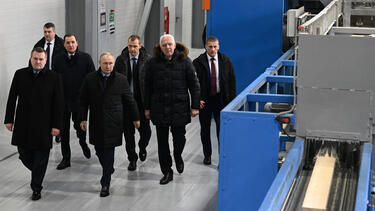Politics and Policy
What Happened When Five AI Models Fact-Checked Trump
President Donald Trump is an AI booster, write Yale SOM’s Jeffrey Sonnenfeld and co-authors Stephen Henriques and Steven Tian. So they thought it was fair to ask the leading chatbots to evaluate some of Trump’s frequently repeated claims.
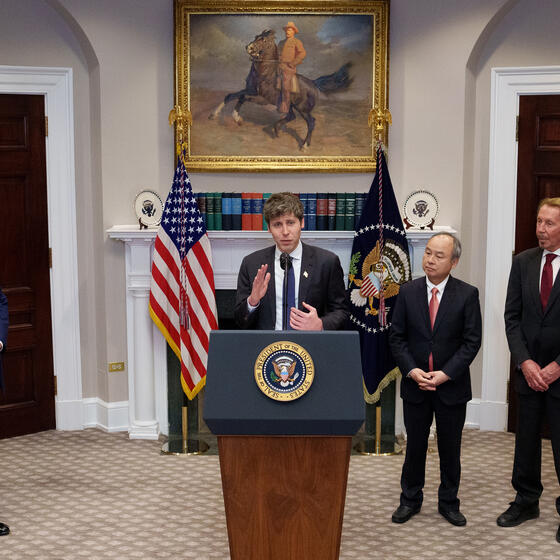
The Critics of Bidenomics Are Being Proven Wrong
Yale SOM’s Jeffrey Sonnenfeld and Steven Tian write that much of the credit for the economic good news belongs to President Joe Biden and his transformative public investment programs.
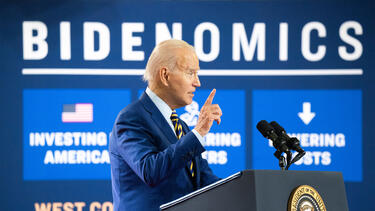
How Putin Cannibalizes the Russian Economy to Fund His War
Yale SOM’s Jeffrey Sonnenfeld and Steven Tian write that the Russian leader is fueling battles in Ukraine by shaking down his own people and leveraging his country’s future.

The Business of ‘Anti-Woke’ Is Falling Flat
Yale SOM’s Jeffrey Sonnenfeld and Steven Tian write that the exchange-traded funds that boycott companies taking action on social issues are underperforming the market and struggling to find investors.
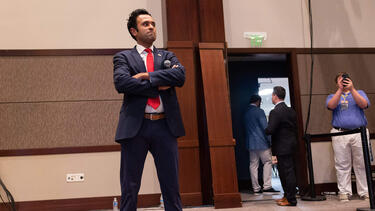
How Property Tax Foreclosure Accelerates Gentrification and Magnifies the Racial Wealth Gap
Non-white homeowners are at disproportionate risk of losing their homes over unpaid property taxes, shows new research from Yale SOM’s Cameron LaPoint.
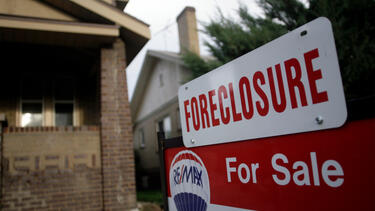
Expanding the Pathways from School to a Career
Washington state’s collective action approach to career-connected learning expands students’ horizons, connects employers to their future workforce, and builds community, says Maud Daudon ’83 of Career Connect Washington.

Why Connecticut’s Investments Are Underperforming
Yale SOM’s Jeffrey Sonnenfeld and Steven Tian and their team found that Connecticut’s return on its pension fund investments is among the worst in the nation. Their analysis of all 50 states offers some avenues for improvement.

Cynicism and Ageism Are Drowning Out Biden’s Accomplishments as He Seeks Second Term
Yale SOM leadership expert Jeffrey Sonnenfeld writes that cynical media coverage and unwarranted concern over Biden’s age have muted the remarkable achievements of his first term.
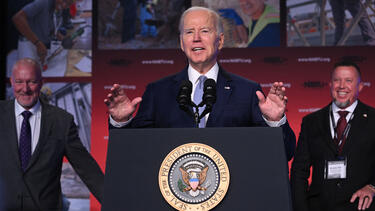
The Dominion Settlement Is Just the Beginning of Fox’s Nightmare
Yale SOM’s Jeffrey Sonnenfeld and Steven Tian write that the historic settlement and the revelations that preceded it have left Fox Corporation damaged and vulnerable to additional litigation.
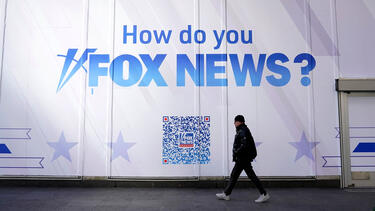
Just Say No to Handing Putin Control of the UN Security Council
Russia is slated to assume the presidency of the UN Security Council on April 1. Yale SOM’s Jeffrey Sonnenfeld, Senator Richard Blumenthal, and former ambassador Jon Huntsman write that the U.S. must exercise its rarely-used veto powers to prevent Russia from using the role to whitewash its invasion of Ukraine.
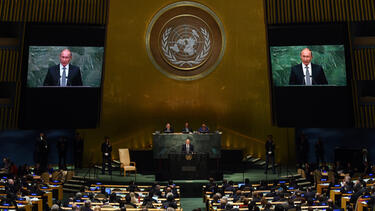
With ‘Zero Visibility’ into the Russian Economy, the IMF is Parroting Putin’s Line
Rather than admitting ignorance, write Yale’s Jeffrey Sonnenfeld, Stephen Roach, and Steven Tian, the IMF is accepting the Kremlin’s statistics—and fueling pessimism about the impact of sanctions.
